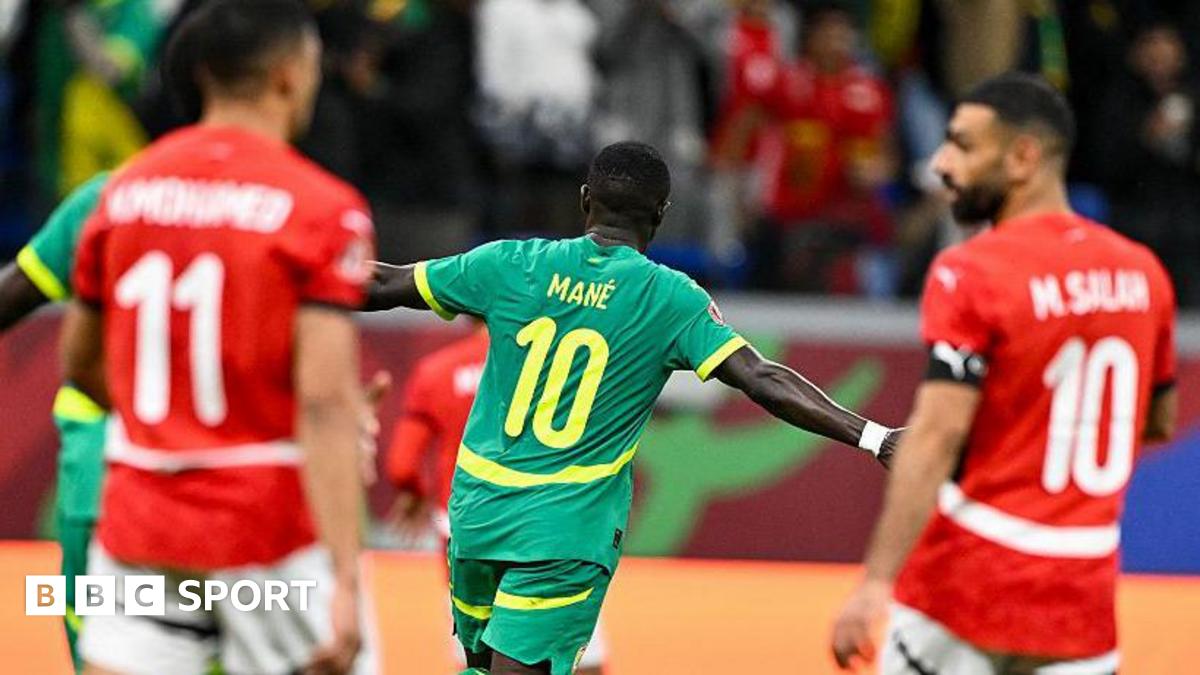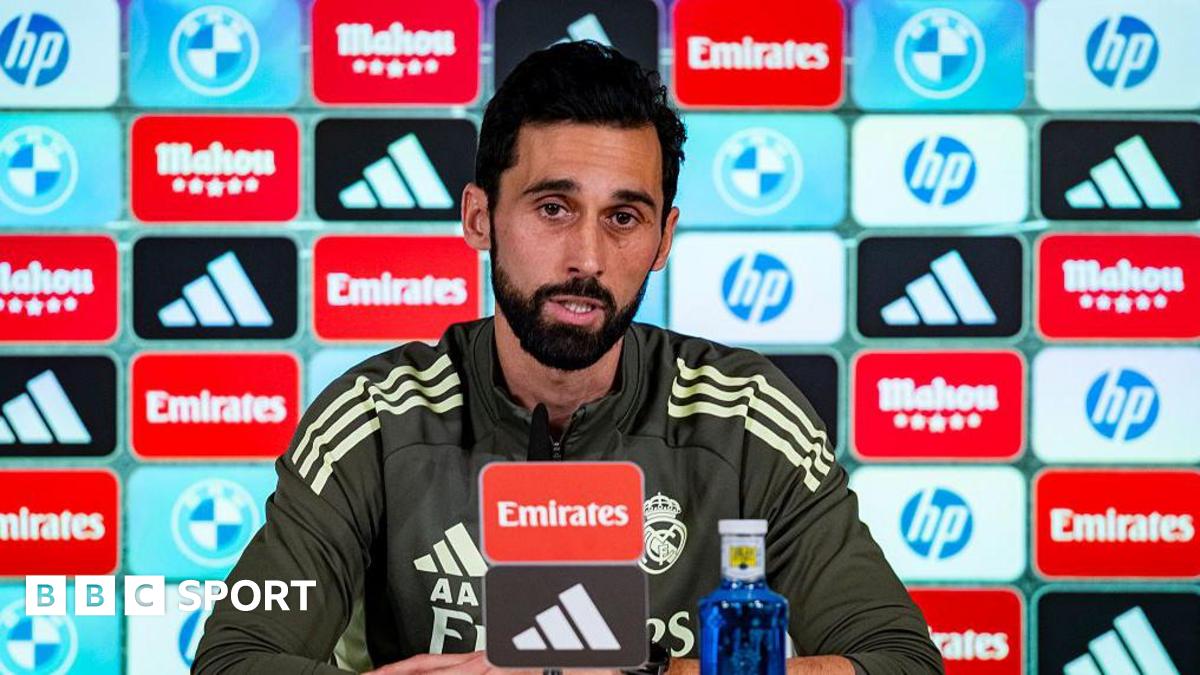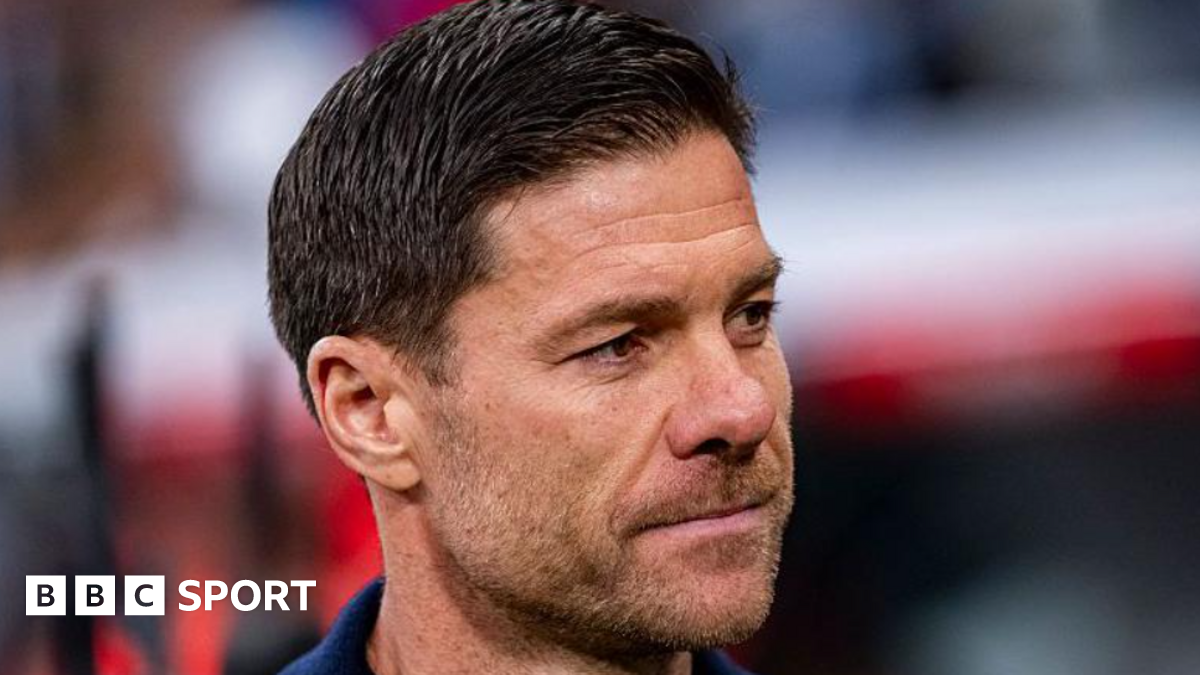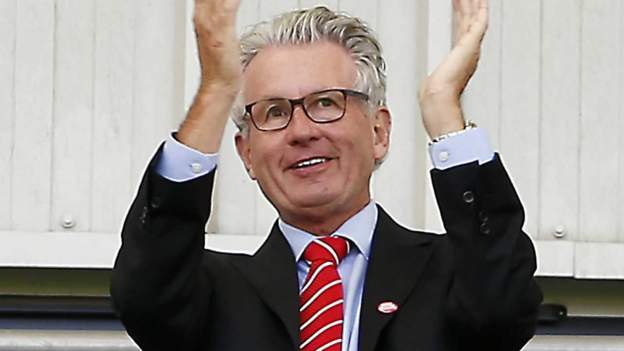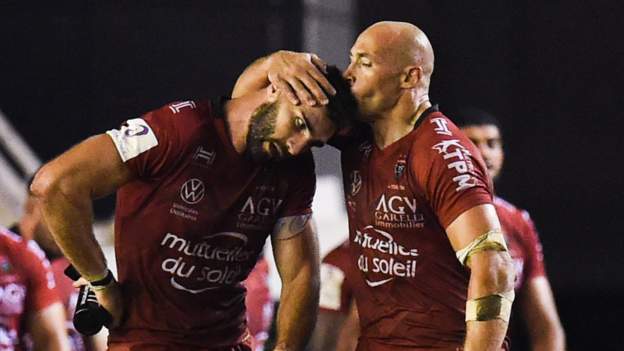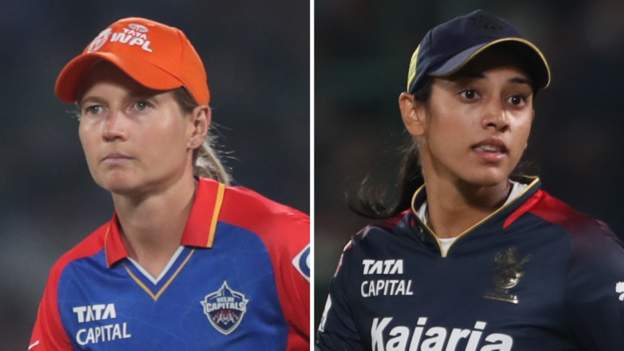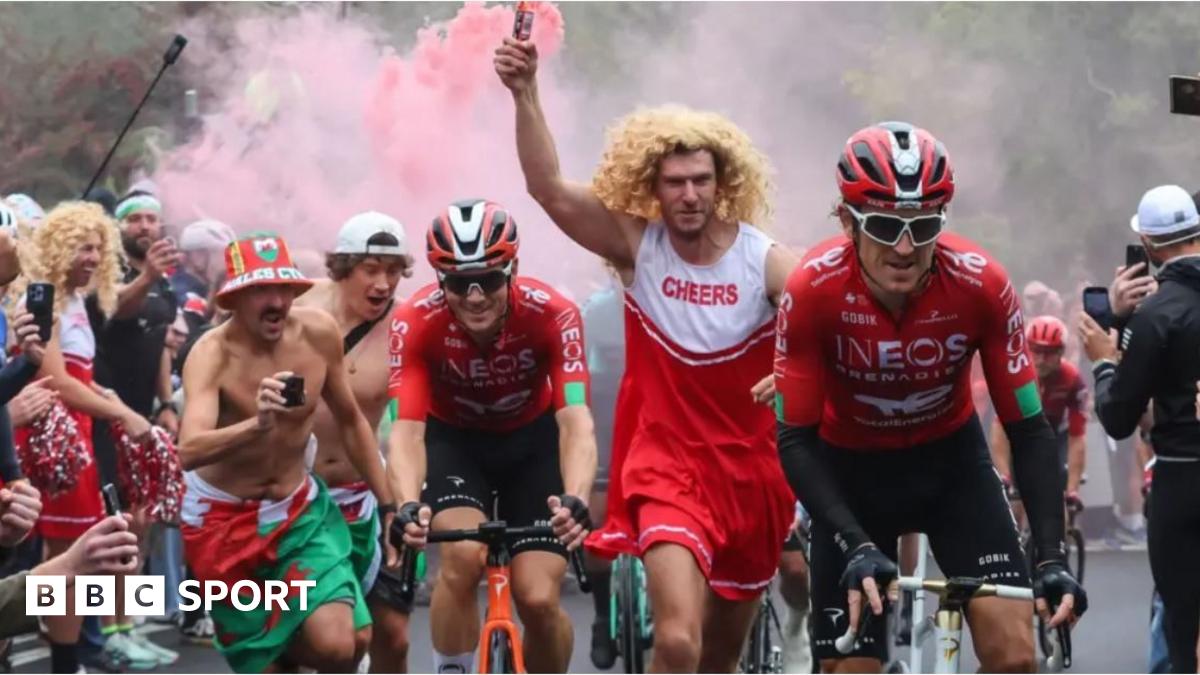Leyton Orient chairman Nigel Travis has called for a consistent approach to coronavirus testing across football.
Premier League sides test players weekly, but this is no longer mandatory for English Football League clubs.
“We need one system that applies across the whole of football,” Travis said.
The League Two club have been asking players to complete medical questionnaires each morning and they are being tested once a month, with each test costing about £100.
“We don’t think that’s enough. We think it should be done once a week. We’ve said that repeatedly but we have to go with the league guidelines,” Travis told BBC Radio 4’s Today programme.
“We will be doing more testing because you have to learn from every experience.
“The trouble with that is if you do testing every week it costs the league £12m a year, it costs the clubs a percentage that comes out of that number, so it is an expensive operation.”
Stevenage chairman wants more frequent testing

As well as Leyton Orient’s game with Walsall on Saturday, Grimsby’s game at Cheltenham has also been called off after a Mariners player tested positive, while Stevenage’s visit to Bradford City hangs in the balance after a Stevenage player was found to have the virus.
Stevenage are awaiting test results on the rest of their players.
Chairman Phil Wallace has suggested that the Professional Footballers’ Association should help fund testing, which he believes should happen more frequently since the recent rise in coronavirus cases.
In a statement on the club website, Wallace said: “What we have been told to do – only test players and management with symptoms – might have been acceptable when numbers were low but things have changed and when it happens in your club, you feel an obligation to test everyone, if only to reassure them.
“But what do we do if another individual reports with symptoms on Monday – test everyone all over again? This isn’t the right way and nor is only testing symptomatic players.
“The key issue is who pays for it.
“Lower league clubs will be on their knees come the end of this year with no income from crowds. Survival is by no means certain for a large number of these clubs.”






